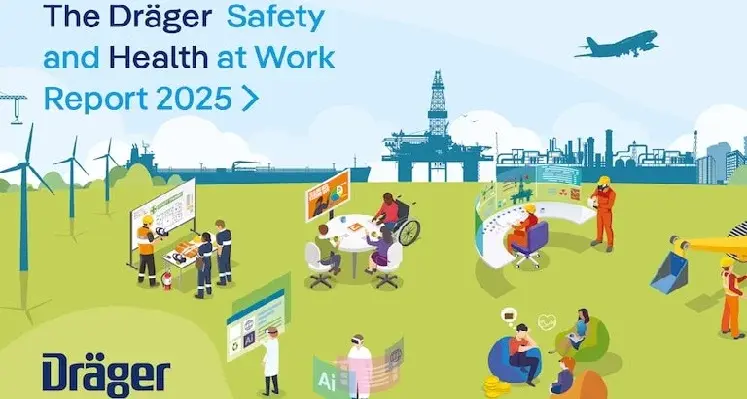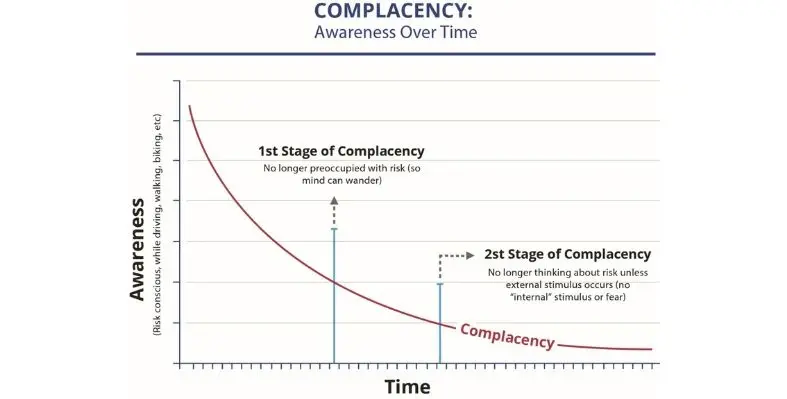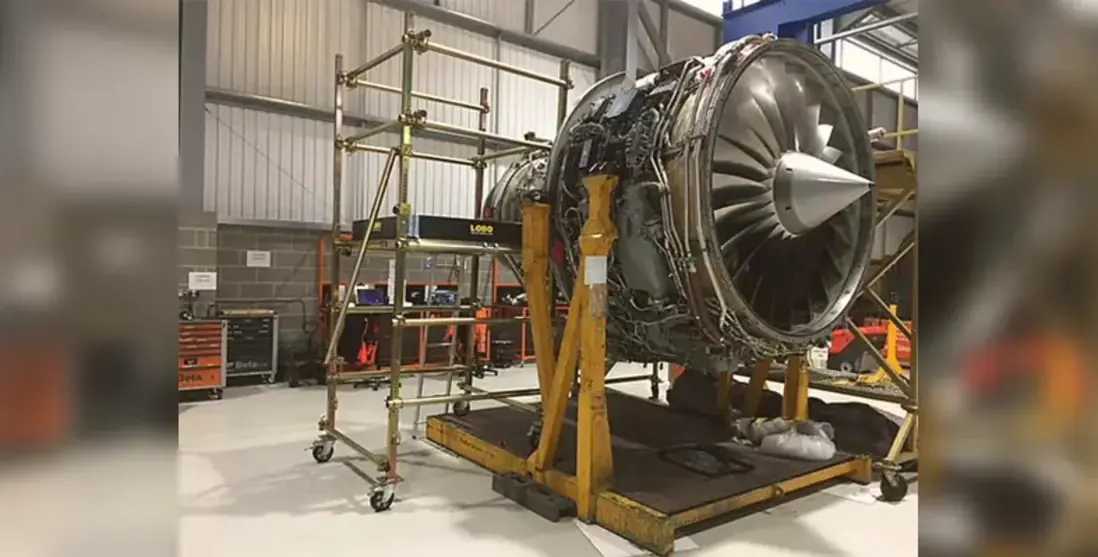New research from Dräger finds that while 96% of employees feel safe at work, there are underlying issues that need to be addressed, such as inadequate training, outdated safety equipment, and poor psychological safety
65% of those surveyed for the Dräger Safety and Health at Work Report 2025, a study exploring attitudes to safety and health topics in UK workplaces, believe that a lack of psychological safety is contributing to physical safety risks in their workplace. Mental health and wellbeing issues are being seen as a lower priority compared to more ‘traditional’ health and safety issues.
There is also a growing concern that organisations are shifting too much responsibility for health safety on to individual employees rather than addressing systemic risks.
Meanwhile 73% indicate that safety training is simply a ‘tick box’ exercise, and 9% of workers said that they had had no safety training in the last five years.
Recent UK economic policy changes, particularly the increase in employer’s National Insurance (NI) contributions, are seen as likely to have a detrimental impact on safety in the workplace, with 77% saying that the recent changes to NI will impact health and safety budgets. This may be further exacerbated by the additional uncertainty created by US global policies in recent months. 66% say that they believe safety equipment in their company is inadequate, outdated or in need of repair.
Impact of AI
AI is seen as having potential to improve safety through automation and training simulations, with 44% of those surveyed believing it could reduce human error by automating repetitive safety checks. Other perceived benefits include improved employee training through immersive simulations, and identification and mitigation of potential hazards. However, 92% of respondents identify risks with AI implementation in the field of workplace safety in the next five years, with over-reliance on AI leading to complacency in safety practices (47%) seen as the leading concern, along with job losses, privacy concerns, and technical failures. There is a consensus that AI should support—not replace—human decision-making in safety-critical roles.
Despite an apparent significant focus by many businesses on the importance of sustainability, including in relation to health and safety procurement, there is a widespread belief that many companies are guilty of ‘greenwashing,’ undermining trust in sustainability and safety initiatives. While many firms show some progress in ESG areas like supply chain and energy use, few are seen as fully committed or transparent in their sustainability actions.
“We are observing the potential evolution of a cynical generation in the workplace – ‘Gen C’ – cynical about the intentions and motives of their employees, whether in providing safety training or in demonstrating their commitment to the environment,” the report comments.
Matthew Bedford, managing director, Draeger Safety UK Ltd commented, “The outlook for businesses continues to be extremely challenging, not least financially. However, it is vital that organisations also remain focused on fundamental issues such as the safety and wellbeing of their employees.
“My hope is that some of the issues highlighted in this year’s research will serve as a wake-up call to UK businesses.
“Despite the vast majority of people reporting that they do feel safe in their workplace, there are clear areas of dissatisfaction and cynicism across key areas which need addressing to prevent negative sentiment developing further."
























